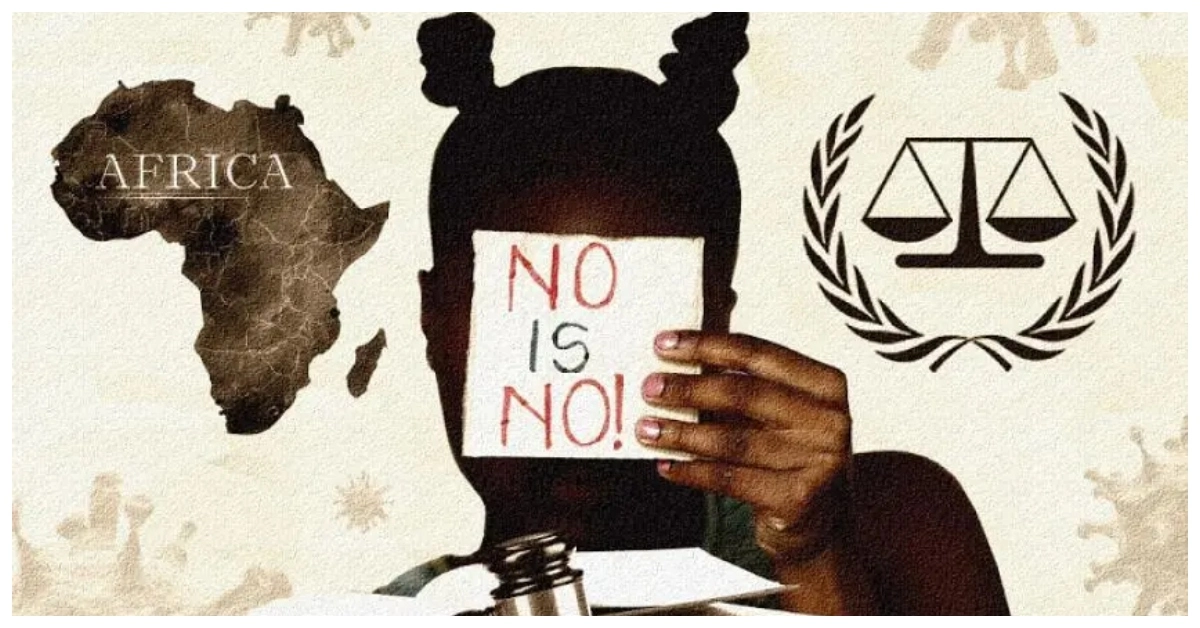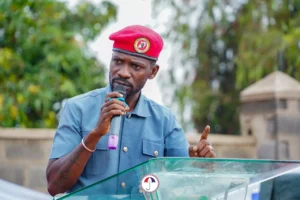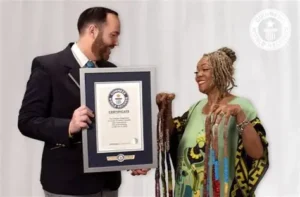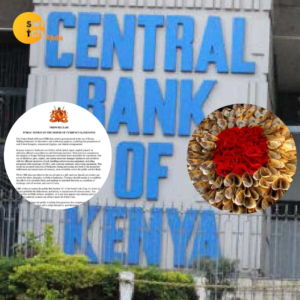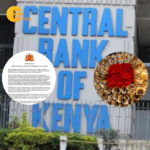Numerous African countries continue to face persistent challenges in upholding and safeguarding human rights, prompting international concern and calls for urgent action. .
Despite progress made in recent years, the violation of human rights remains a significant issue, impacting the lives of millions across the continent.
From civil liberties to political freedoms, various factors contribute to the ongoing disregard for human rights in several African nations. One major factor is the prevalence of authoritarian regimes, where leaders prioritize maintaining power over protecting the rights and well-being of their citizens. In these countries, suppression of free speech, media censorship, and limited political participation have become distressingly common.
The suppression of dissenting voices is another grave concern. Governments frequently employ tactics such as intimidation, harassment, and violence to silence activists, journalists, and human rights defenders who dare to challenge the status quo.

This stifling of opposition often goes hand in hand with a lack of accountability and transparency, enabling human rights abuses to go unpunished.
Socio-economic inequalities exacerbate the human rights situation in many African countries. Poverty, limited access to education, healthcare, and basic services disproportionately affect marginalized communities, further deepening the divide between the privileged few and the disadvantaged majority.
Discrimination based on gender, ethnicity, religion, and sexual orientation is rampant, leading to gross human rights violations against vulnerable populations.
Regional conflicts and insurgencies also play a detrimental role in undermining human rights. These conflicts result in displacement, loss of lives, and the breakdown of social structures, leading to a wide range of human rights abuses, including forced labor, sexual violence, and child soldier recruitment.
The ongoing crises in countries like Somalia, South Sudan, and the Democratic Republic of Congo are stark examples of how armed conflicts can exacerbate human rights violations.
International efforts to address these human rights challenges in Africa have been ongoing but have encountered various obstacles. Limited resources, geopolitical considerations, and the complex nature of the issues involved make finding sustainable solutions a daunting task.
Additionally, the lack of political will from both African governments and the international community to prioritize human rights exacerbates the situation.

Nevertheless, there are glimmers of hope. Civil society organizations, human rights defenders, and grassroots movements across the continent continue to tirelessly advocate for change, often at great personal risk.
International organizations and human rights bodies also provide support and monitoring mechanisms to shed light on violations and hold governments accountable.
The road ahead remains arduous, but the urgent need to address the persistent neglect of human rights in many African countries cannot be ignored. It requires a collective effort from African governments, regional bodies, and the international community to prioritize human rights, strengthen institutions, promote the rule of law, and empower marginalized communities.
By acknowledging the importance of human rights and working towards their fulfillment, African nations can lay the foundation for a more inclusive, just, and prosperous future, where the inherent dignity and rights of every individual are protected and respected.


